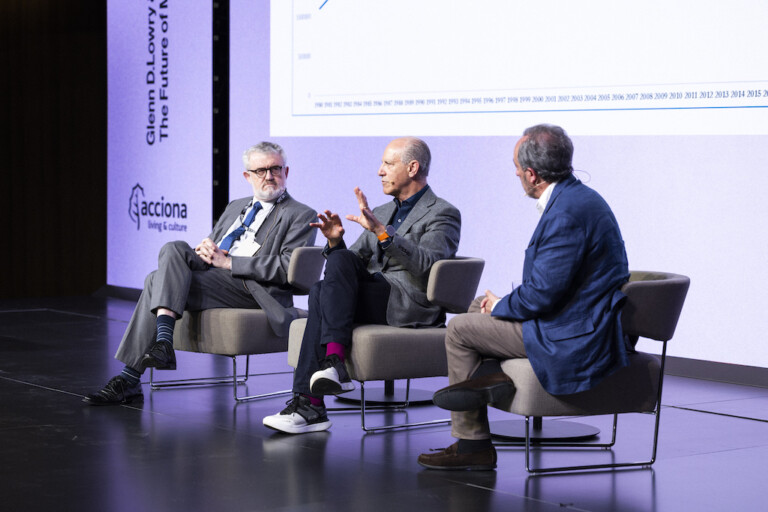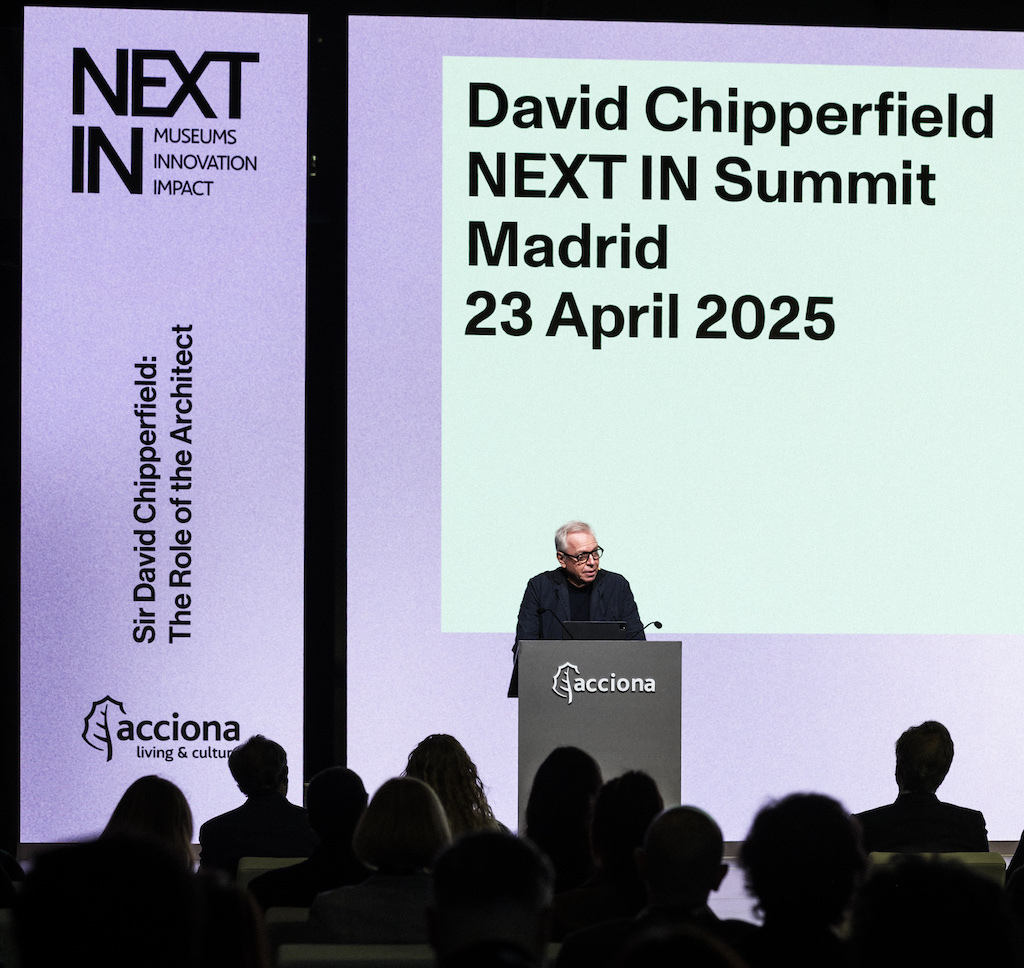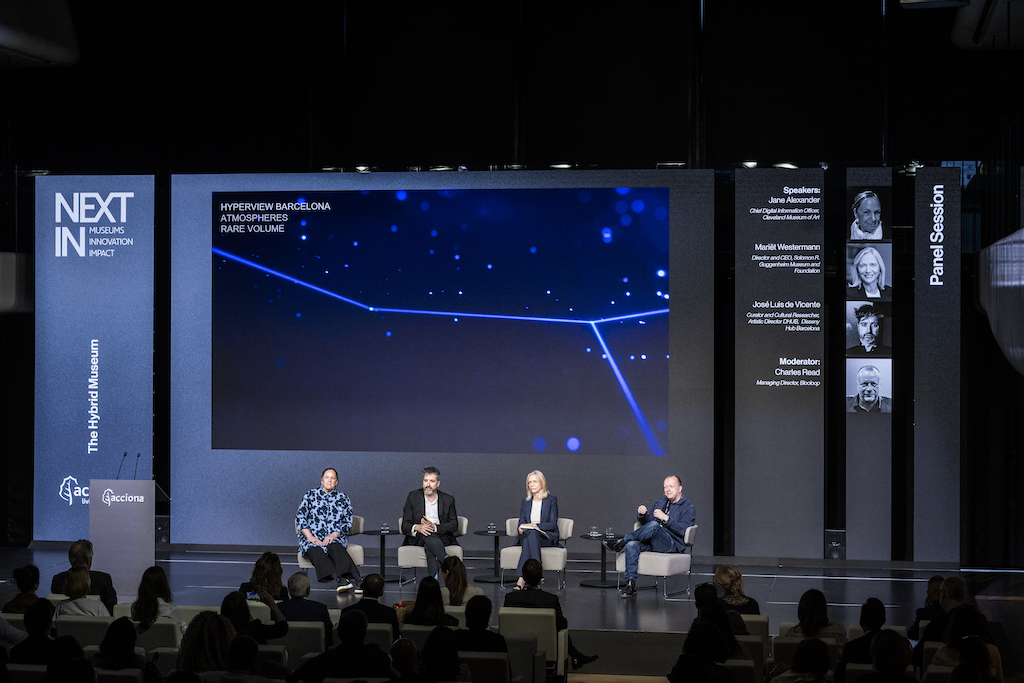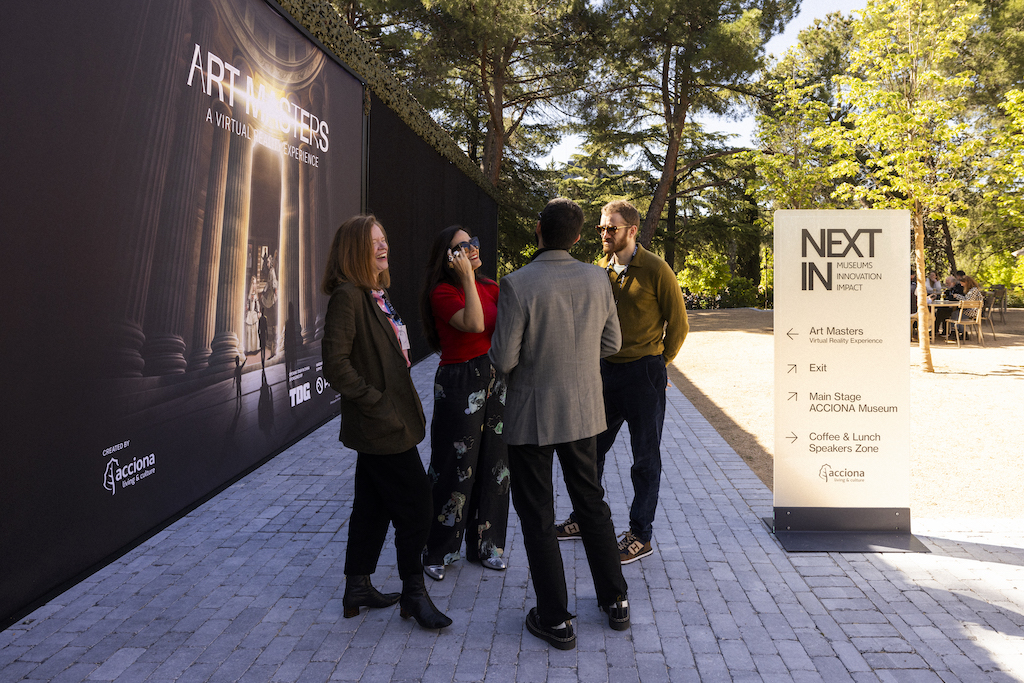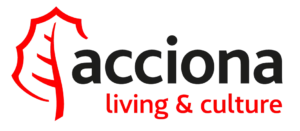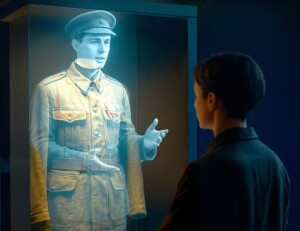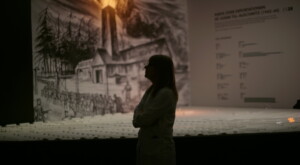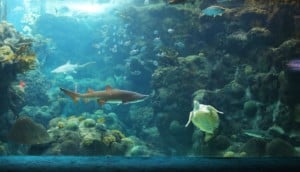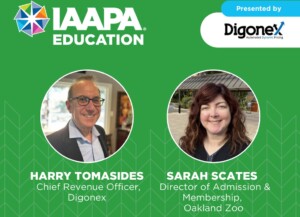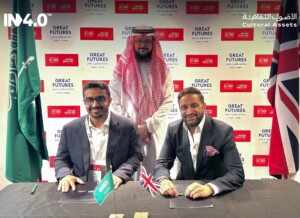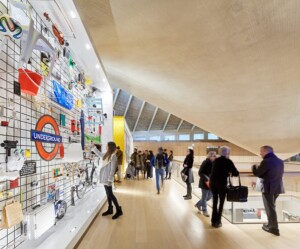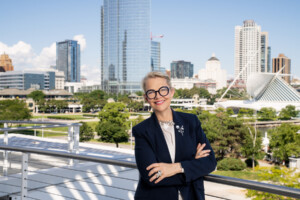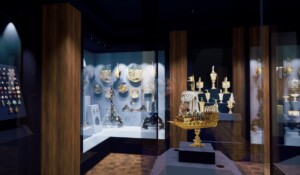ACCIONA Living & Culture, a leading creator of technology-driven interactive museums, exhibits, and events, held the second edition of the global NEXT IN Summit in Madrid on 23 & 24 April 2025. The event was attended by museum managers, architects, artists, and multidisciplinary experts.
The forum was inaugurated by José Luis Martínez-Almeida, the mayor of Madrid, who underscored the importance of museums in defining the identity of the Spanish capital. Martínez-Almeida further emphasised that culture is essential for enhancing the quality of life for Madrid residents and attracting millions of visitors to the city.
Meanwhile, Juan Ignacio Entrecanales, vice-chairman of ACCIONA, said that museums are “no longer passive guardians of the past, but dynamic, forward-looking institutions that adapt to new realities, open up to new audiences and redefine their role in society.” In this context, he discussed ACCIONA Living & Culture’s efforts as a leading company in the sector, focusing on developing a new museology that is more inclusive, sustainable, and accessible to the public.
Along these lines, architect and 2023 Pritzker Prize winner David Chipperfield noted that we are in fascinating times to “redefine the future through art,” noting that the arts “have an essential role as a bridge between the past and the future.”
Chipperfield also highlighted that urban architecture “should support the community, acting as a driver of social and environmental regeneration through dialogue.”
Museums of the 21st century
Another significant speech was delivered by digital artist Rafael Lozano-Hemmer, who reflected on key works from his career, explaining that in our current age of constant engagement, “creating immersive art must cause discomfort and invite us to think about the role of the spectator in the work, seeing it as an incomplete piece, co-created by the spectator and the artist.”
Glenn D. Lowry, the director of New York’s Museum of Modern Art (MoMA), discussed collective creation, highlighting that the arts “should not be silos, but a cross-pollination across cultures, time periods, and techniques.” He emphasised his responsibility to advance the museum into the 21st century, as “the notion of modern art is a work in progress,” so the museum “must focus its growth online, collapsing the barriers between virtual and the physical.”
Miguel Falomir, the director of the Prado Museum, concurred with this perspective, stating that the objective now extends beyond merely attracting visitors; it involves diversifying audiences and discovering innovative methods of engagement.
Falomir also discussed the expansion efforts at the Casón del Buen Retiro building, which will allow for the display of parts of the museum’s collections that were previously in storage and accommodate temporary exhibitions.
Mariët Westermann, the director and CEO of the Solomon R. Guggenheim Museum and Foundation, discussed the emerging trend of hybrid museums. She explained that “their relevance is not based on technological novelty, but on the radical inclusion they offer in order to appeal to younger generations through a shared language.”
Learning & networking
The forum marked the release of The Ultimate Museum Book, created by ACCIONA Living & Culture. This book gathers the findings from research conducted in over 150 museums worldwide, aiming to establish a guide of best practices in sustainability to motivate this sector.
ACCIONA Living & Culture has also designed and produced the virtual reality experience titled ART MASTERS: A Virtual Reality Experience, in collaboration with the Prado National Museum.
This experience, in which visitors will interact with some of the most representative works of the Prado Museum’s collection through virtual reality glasses, was displayed for the first time at the global NEXT IN Summit. It will subsequently travel to China, where it will be exhibited in Shanghai and Chengdu.
The 2025 NEXT IN Summit, held on the ACCIONA Campus in Madrid, gathered over 300 professionals from the sector.
This year, thirty international experts from the United States, the United Kingdom, Saudi Arabia, Japan, Denmark, Canada, the Netherlands, and Spain, among other countries, participated as speakers. In addition to giving informative lectures and engaging in panel discussions, they also connected with attendees in networking spaces.
See also: NEXT IN ’24: museum design, architecture and inspiration
